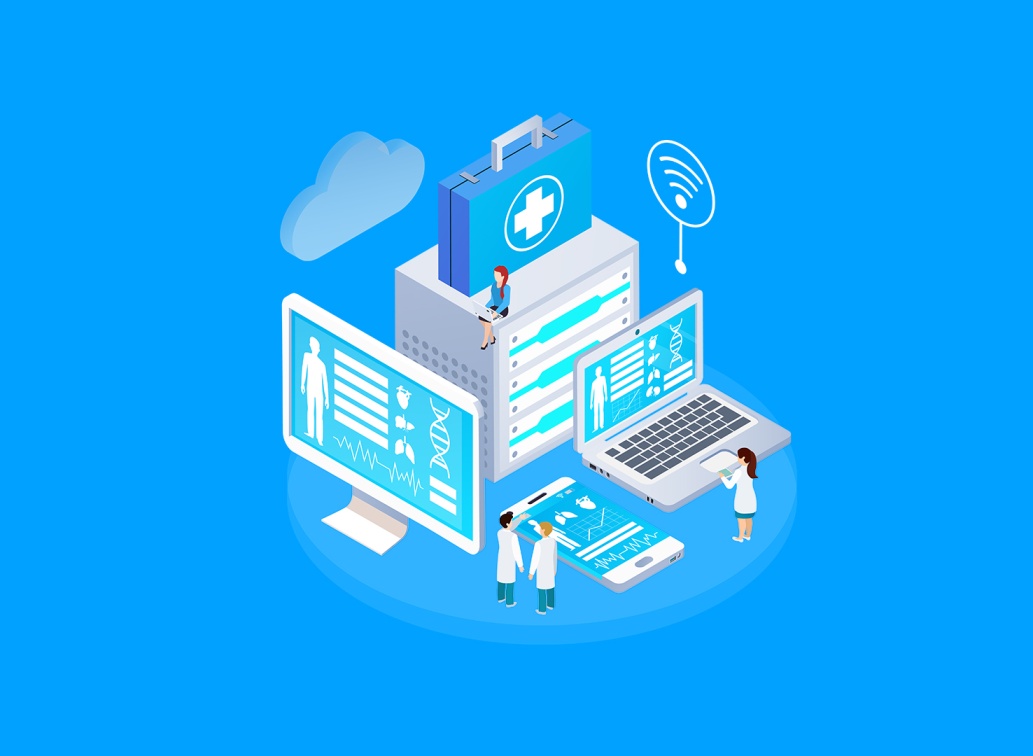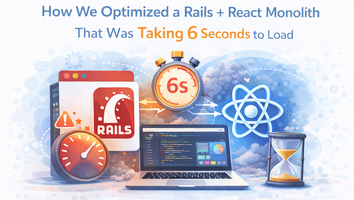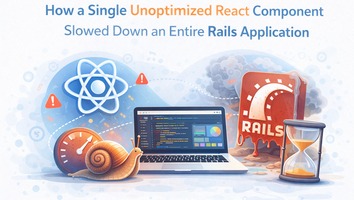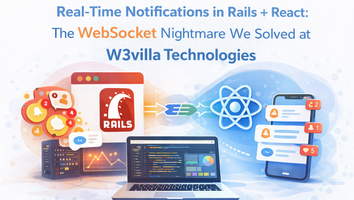Did you know?
By 2023, it is anticipated that the market for healthcare software would be worth $25.4 billion.
Medical software solutions help in all key areas of healthcare, from patient data recording and billing to creating specialized reports.
The healthcare sector has seen a significant transformation because of technologies. Modern patients have access to cutting-edge therapies, ground-breaking diagnostic equipment, and several minimally invasive procedures that provide the healthcare sector with more efficient solutions.
The number of medical software solutions is growing, though, as healthcare software development firms produce hundreds of products each year. Healthcare professionals find it challenging to choose the greatest option among the numerous that are offered in the same category.
Read on to know the best healthcare software development practices that companies are aggressively adopting for accelerated growth.
The Role of Software in Healthcare
Medical practice management software offers several benefits to customers wishing to progress their medical business goals, from redefining health management to drastically lowering the errors and mishaps that afflict healthcare offices and institutions.
The size and complexity of hospitals' activities both increase annually. Hospitals and other healthcare organizations are switching to specialized medical software, which is made to manage operational costs, optimize inventory stocking, and guarantee that crucial equipment is well-maintained and cared for, to successfully maintain and operate the expensive assets.
Additionally, to guarantee patient satisfaction, features like rapid access to treatment histories and medical records have become requirements. Tools that promote a smooth and speedy process—ideal components for customer satisfaction—include automatic scheduling, combined communication networks, in-app reminders, and messaging.
-
EHR/EMR Mobile App
Doctors and other healthcare professionals can access vital patient data using cloud-based EHR/EMR apps at any time, from any location. These apps help healthcare professionals stay informed about patient data updates, emergencies, and best practices. Utilize their apps in your healthcare setting to increase staff coordination, decrease communication errors, and promote productivity.
-
Hospital management software (HMS)
Administration, patients, and qualified healthcare professionals are just a few of the stakeholder groups in a hospital that can benefit from insights and management capabilities provided by hospital management software.
HMS frequently has two distinct portals, one for management-oriented functionality and another for patient-oriented functionality. All hospital-required management and health data, such as medicine and food management, room booking and scheduling, doctor itineraries, and scheduled appointments, are included in the management panel. Nevertheless, there are also utterly routine components like utility costs, laundry management, electricity and water usage, supply inventory, and so on.
- Pharmacy Management Software
A healthcare solution known as pharmacy management software aids you in streamlining common pharmacy procedures, such as tracking inventory, filling prescriptions, compounding medications, and other duties. You can save operational costs, improve efficiency, and keep a centralised system for automated dispensing, inventory control, and POS capability by employing such software. Support for EHR and other medical tools integration is always available.
-
Telehealth software
Telehealth software enables medical professionals to provide healthcare services, teaching or mentoring, and health information remotely. Telehealth software includes a larger range of medical services than telemedicine software, which focuses primarily on clinical services.
Using telehealth software, medical practitioners can instruct medical staff, and communicate and counsel individuals online about preventive care. It has been observed that businesses even consider software development company to implement the software and improve patients’ experience.
-
Medical diagnosis software
Medical diagnosis software encompasses both patient- and physician-facing programs. Throughout the pandemic, both have been of the utmost assistance.
By sharing anonymized patient records, clinicians can work together to find a diagnosis using physician-facing medical diagnostic tools. Artificial intelligence is sometimes used to gather data and offer prospective diagnoses, which helps with this.
To record their symptoms and determine whether they need to take any medical action, such as making an appointment with a healthcare provider, patients can utilize medical diagnosis apps. As a result, the burden on healthcare professionals during the epidemic has decreased.
- E-prescribing software
Medical prescriptions are being changed to digital format gradually but surely. The ease of modifying or extending a prescription with a few clicks is the primary driver. Because e-prescribing software substantially streamlines the prescribing process, e-prescriptions benefit both patients and physicians. A prescription can be granted, renewed, or suspended in just a few minutes thanks to this type of medical healthcare software development. It won't be long before e-prescribing is accepted as the norm in the world's healthcare industry.
- Medical Database software
This software, like any other database, contains data on various medical conditions. Medical database software records and saves a wider variety of healthcare data, in stark contrast to electronic health records, which only contain patient data. In addition to case studies and treatment strategies, medical databases often include frequently updated information about diseases that might be useful to clinicians in their practice.
- Patient Management Software
Healthcare facilities like hospitals or clinics describe many efficient automated systems that maintain tabs on patient information, diagnosis, interactions, prescriptions, and encounters.
To increase patient satisfaction and revenue, healthcare facilities must use patient management software. By combining administrative systems with medical data, cloud-based patient management software optimizes processes. It is straightforward to do activities like medical billing, inventory management, appointment scheduling, lab testing, and more with patient management software.
-
Healthcare RCM software
Software for revenue cycle management (RCM) is created to assist healthcare providers in efficiently managing their revenue cycle. This is done by automating many jobs that were previously done by human employees, like billing and collections. This boosts productivity and expedites the process of getting paid for the services rendered.
The best RCM healthcare software development, on the other hand, offers many qualities that set it apart from its immediate rivals because not all RCM software is created alike. Healthcare billing and collections experts are familiar with the characteristics of good RCM software, just like those in any other business.
- Telemedicine Software
Professional healthcare providers can connect with patients remotely thanks to telemedicine. This program facilitates the online delivery of medical services. Thanks to the swift development of technology, modern telemedicine systems are essentially virtual clinics with the integration of numerous medical activities, such as diagnostics, appointment scheduling, and others.
- Video Conferencing Software
For virtual patient appointments, you can employ a powerful HD-video conferencing program in your healthcare environment. Through desktop, smartphone, or web browser apps, you can also utilize these technologies for one-on-one consultations with other healthcare professionals. Request that a custom solution developed by your health software development partner be created to meet your demands.
- Software for Pharmacy Compounding
You can arrange the tasks involved in producing medications for specialized pharmacies using this program. It provides modules for chemical data logging, material resource planning (MRP), and other functions. The best solution is almost always to use custom software. You may effortlessly manage the chemical inventory database with fields like log numbers, wholesale pricing, etc. with the use of custom pharmacy compounding software.
Skyrocket Your Medical Business with healthcare software development services
The healthcare industry is fully integrating digital transformation into healthcare operations and processes with the help of specially created healthcare software. With competitive healthcare software development services from W3Villa, an application development company, you can see the future of the healthcare sector.
We are developers of medical software, prepared to create software of any complexity or improve currently available healthcare applications. Our talented team creates the greatest healthcare software development so that our clients may dominate their markets, improve the standard of care, increase patient happiness, and streamline internal processes.



